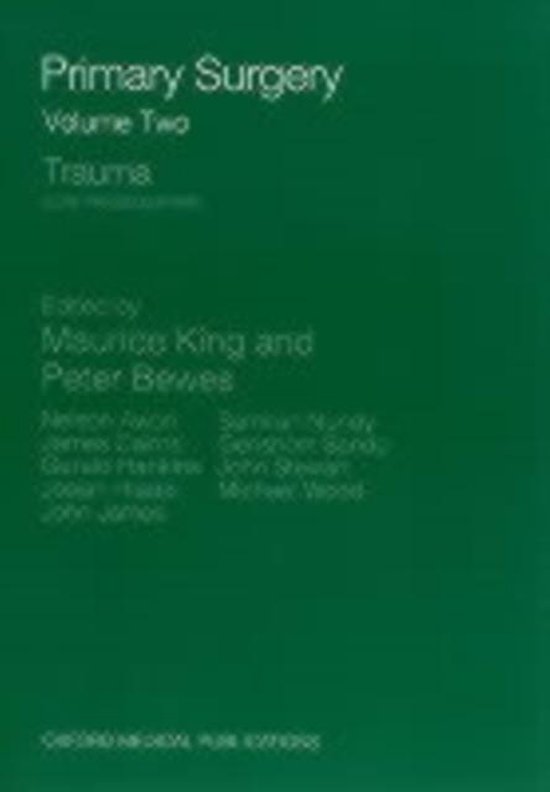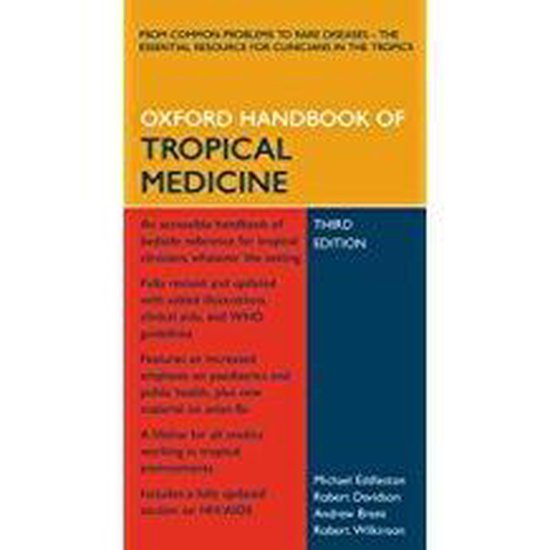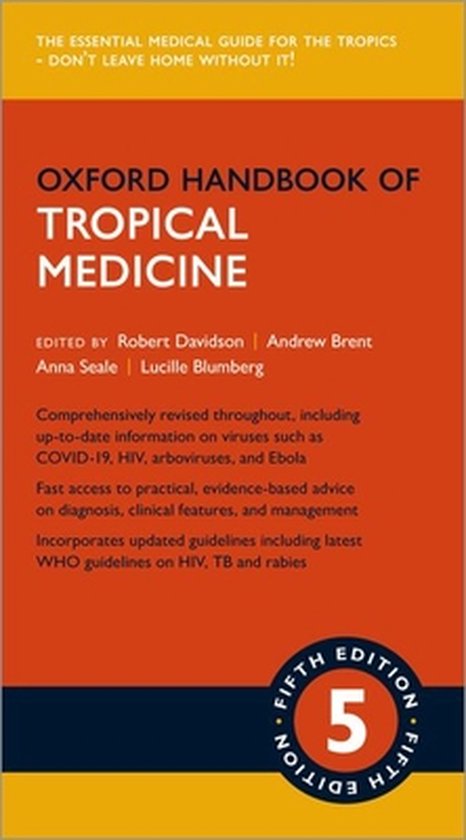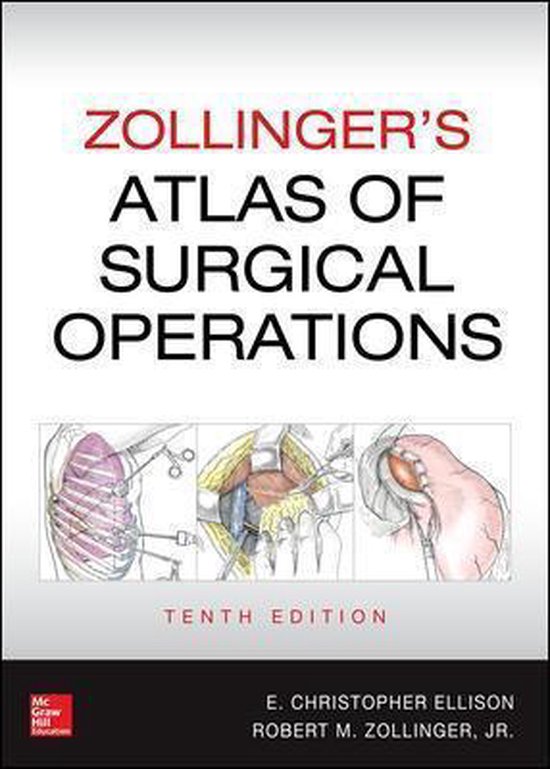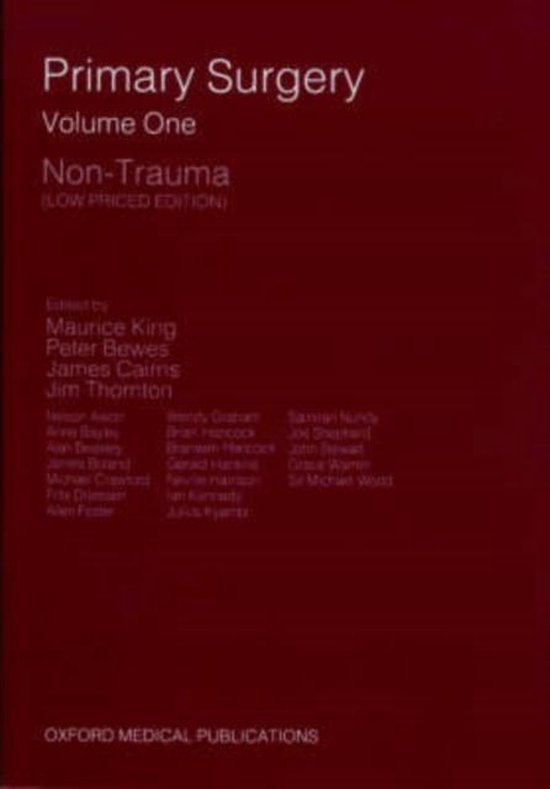
Primary Surgery
Describes what a doctor can do if she/he cannot refer a patient, both in emergency and for 'cold surgery'. This work includes common problems such as Caesarean section, the resection of dead gut, and the release of pus from infected bones. It describes the organization and equipment found within an operating theatre.
The four Primary Surgery volumes are manuals written for the non-specialist doctor and medical students. Two other volumes Trauma and Primary Anaesthesia have already been published and a fourth, Primary Mother Care is in preparation. The manuals describe what a doctor can do if s/he cannot refer a patient, both in emergency and for `cold surgery'. Surgery has become fragmented into many specialties, and these manuals select methods of which the generalist can make good use. Although common problems such as Caesarean section, the resection of dead gut, and the release of pus from infected bones are highlighted, it is recognized that rare problems are fairly common, and thus the manuals aim to be comprehensive. The organization and equipment found within an operating theatre is described, and an extensive equipment list is provided. The previous volumes have been well-received, as a reader from Africa testifies: "With the volume on Trauma (which never leaves the theatre) open, my colleagues and I have done several operations successfully, which we previously knew nothing about. I was especially impressed with the descriptions of how to make burr holes for intracranial bleeding. Following the instructions, a patient who had been unconscious for 10 days woke up after the evacuation of bilateral subdural haematosas."
The four Primary Surgery volumes are manuals written for the non-specialist doctor and medical students. Two other volumes Trauma and Primary Anaesthesia have already been published and a fourth, Primary Mother Care is in preparation. The manuals describe what a doctor can do if s/he cannot refer a patient, both in emergency and for `cold surgery'. Surgery has become fragmented into many specialties, and these manuals select methods of which the generalist can make good use. Although common problems such as Caesarean section, the resection of dead gut, and the release of pus from infected bones are highlighted, it is recognized that rare problems are fairly common, and thus the manuals aim to be comprehensive. The organization and equipment found within an operating theatre is described, and an extensive equipment list is provided. The previous volumes have been well-received, as a reader from Africa testifies: "With the volume on Trauma (which never leaves the theatre) open, my colleagues and I have done several operations successfully, which we previously knew nothing about. I was especially impressed with the descriptions of how to make burr holes for intracranial bleeding. Following the instructions, a patient who had been unconscious for 10 days woke up after the evacuation of bilateral subdural haematosas."
| Auteur | | King |
| Taal | | Engels |
| Type | | Paperback |
| Categorie | | Geneeskunde & Verpleging |
